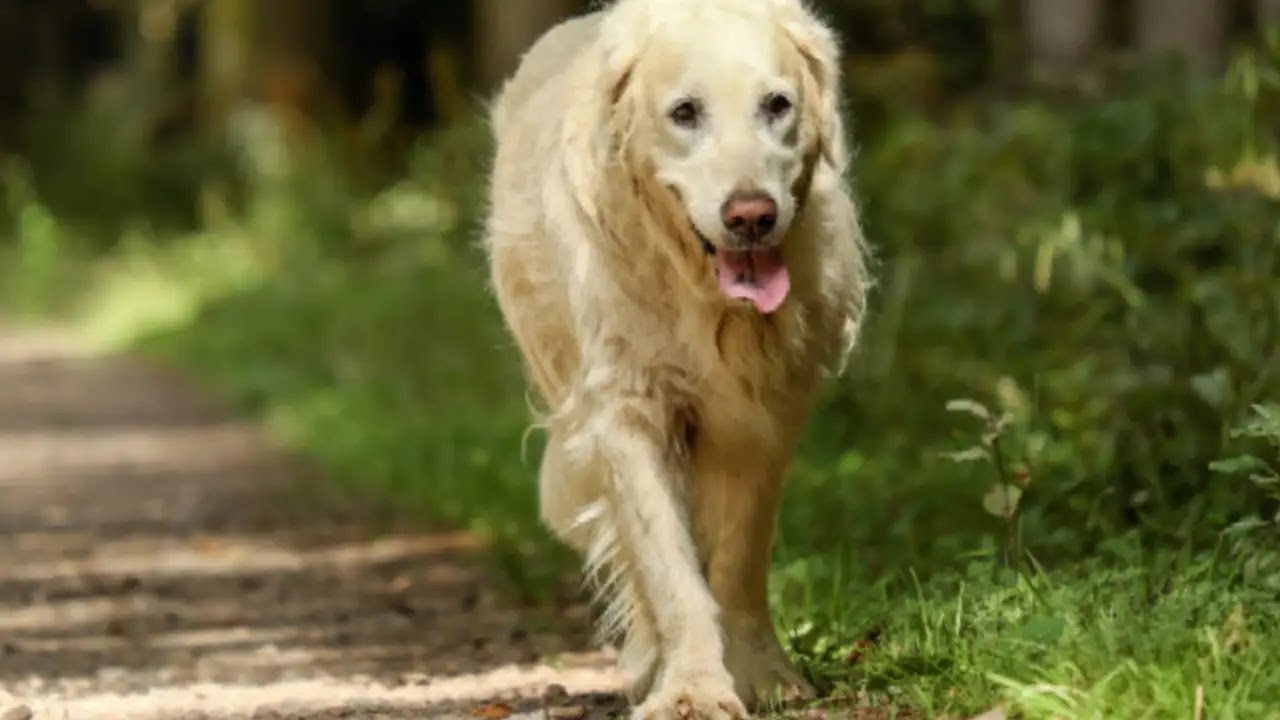introduction
As dogs age, they may experience a decrease in appetite and lose weight. This can be worrying for pet owners who want to ensure their furry friends stay healthy and happy. However, there are several tips pet owners can follow to help their old dogs gain weight and stay healthy.
table about Helping Old Dog Gain Weight
| advices for Helping Your Old Dog Gain Weight and Stay Healthy | Information |
|---|---|
| Consult with a Veterinarian | The first step in helping your old dog gain weight and stay healthy is to consult with a veterinarian. They can conduct a physical examination and determine if there are any underlying health issues that need to be addressed. |
| Choose the Right Food | It's important to choose a high-quality dog food that is appropriate for your old dog's age, size, and activity level. Look for a food that is high in protein and fat to help promote weight gain. You may also want to consider adding wet food or a topper to your dog's meals to increase their calorie intake. |
| Feed Small, Frequent Meals | Instead of feeding your old dog one or two large meals per day, consider feeding them several small meals throughout the day. This can help stimulate their appetite and make it easier for them to digest their food. |
| Add Healthy Supplements | There are several supplements that can help support your dog's overall health and promote weight gain. Omega-3 fatty acids, for example, can help reduce inflammation and improve joint health, while probiotics can help support your dog's digestive system. |
| Encourage Exercise | While it's important to help your old dog gain weight, it's also important to make sure they get regular exercise. This can help improve their muscle tone and overall health. However, be sure to consult with your veterinarian before starting any exercise program, as your dog may have physical limitations or health issues that need to be considered. |
| Monitor Your Dog's Progress | Keep track of your dog's weight and overall health, and make adjustments to their diet and exercise routine as needed. If you're not seeing the results you want, be sure to consult with your veterinarian to determine if there are any other underlying health issues that need to be addressed. |
Consult with a Veterinarian
The first step in helping your old dog gain weight and stay healthy is to consult with a veterinarian. They can conduct a physical examination and determine if there are any underlying health issues that need to be addressed. A veterinarian can also provide recommendations on the appropriate diet and supplements to promote weight gain and overall health.
Choosing the right food
Choosing the right food is also crucial. High-quality dog food that is appropriate for your old dog's age, size, and activity level should be selected. Look for a food that is high in protein and fat to help promote weight gain. Adding wet food or a topper to your dog's meals can also help increase their calorie intake.
Feeding small, frequent meals
Feeding small, frequent meals instead of one or two large meals per day can stimulate your old dog's appetite and make it easier for them to digest their food. This can also prevent overeating, which can lead to digestive issues.
balanced diet
In addition to a balanced diet, supplements can also be added to support your dog's overall health and promote weight gain. Omega-3 fatty acids can help reduce inflammation and improve joint health, while probiotics can help support your dog's digestive system.
Regular exercise
Regular exercise is also important for your old dog's health. Exercise can improve their muscle tone and overall health. However, it's crucial to consult with your veterinarian before starting any exercise program, as your dog may have physical limitations or health issues that need to be considered.
monitoring your dog's progress
Lastly, monitoring your dog's progress is important. Keeping track of your dog's weight and overall health and making adjustments to their diet and exercise routine as needed can help ensure they stay healthy and happy. If you're not seeing the desired results, be sure to consult with your veterinarian to determine if there are any underlying health issues that need to be addressed.
conclusion
helping your old dog gain weight and stay healthy requires a combination of a balanced diet, supplements, exercise, and monitoring. It's important to consult with a veterinarian and provide a diet and exercise routine that is appropriate for your dog's age, size, and activity level.
References:
- PetMD. (n.d.). How to Help Your Senior Dog Gain Weight.
- AKC. (n.d.). Feeding Senior Dogs: What to Feed and How Often.


